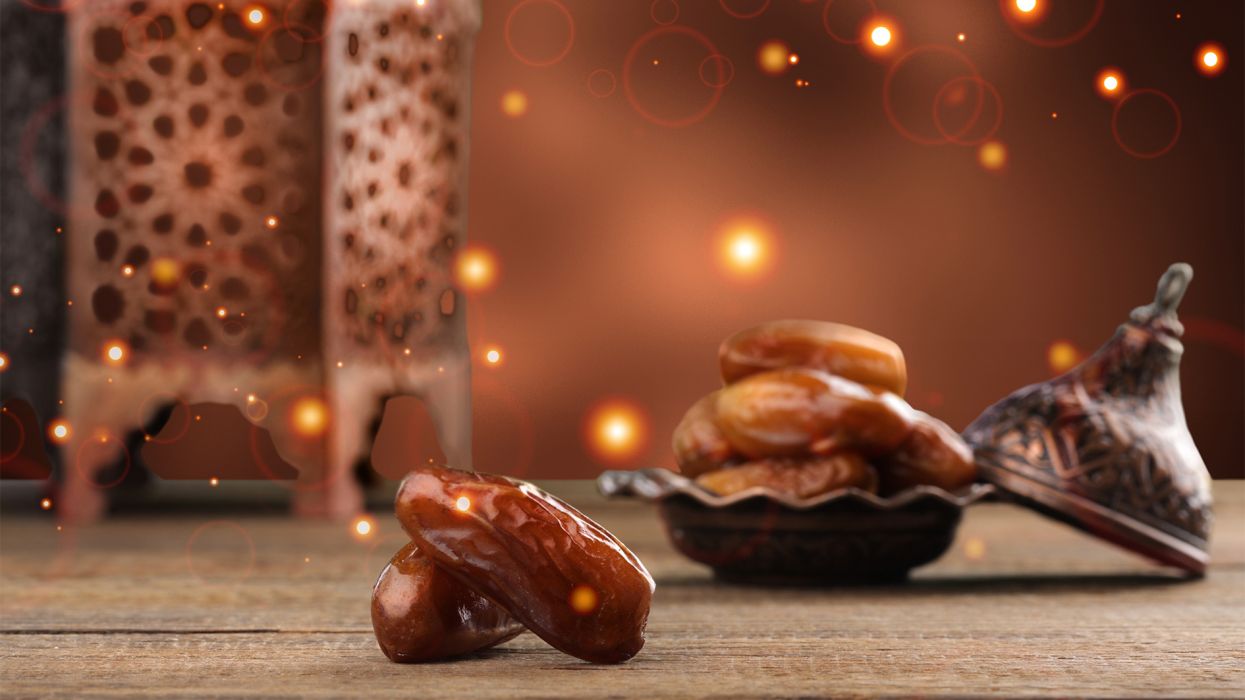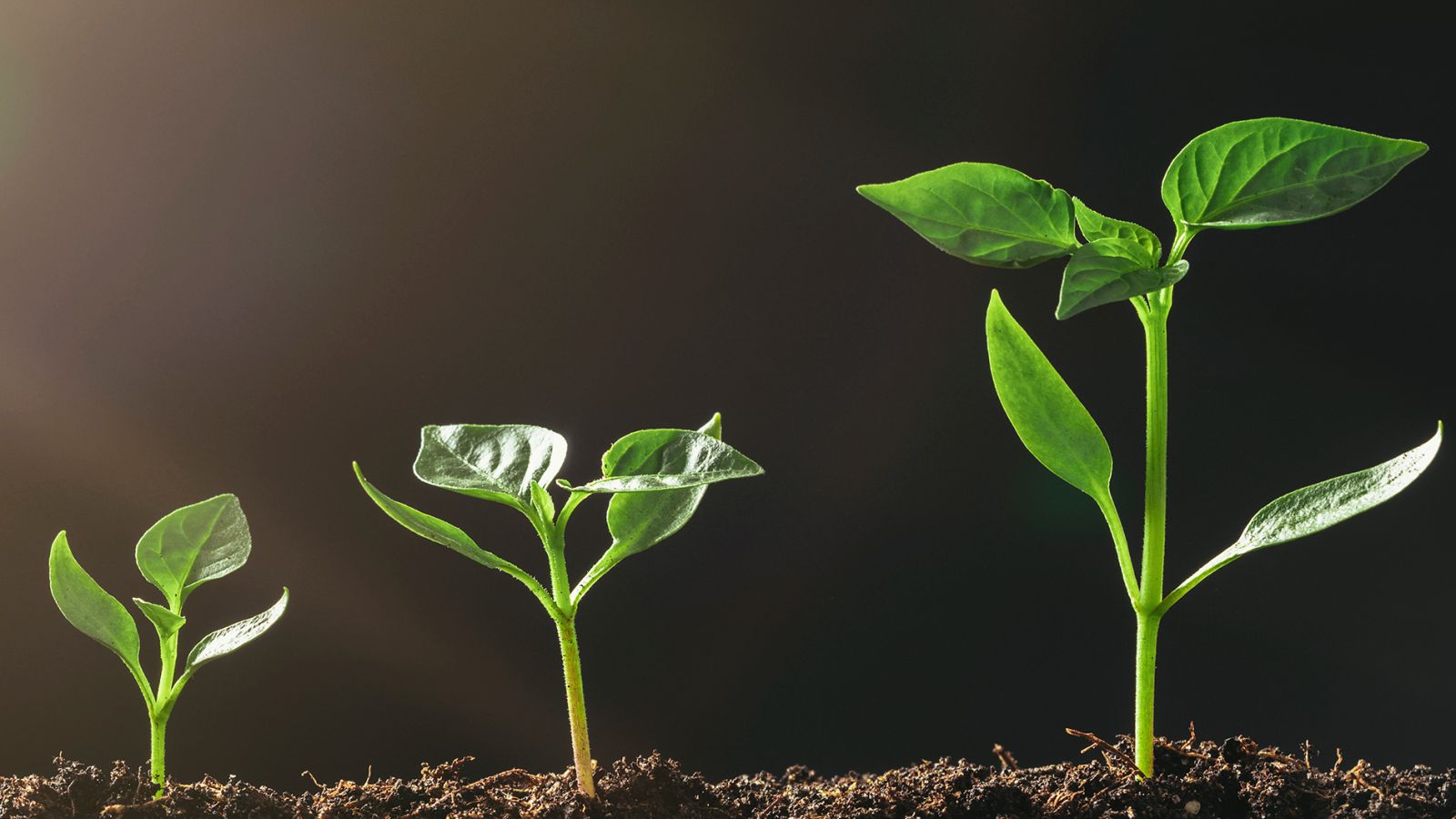Means of Sustenance
Al-ʿAllāmah Muḥammad ibn ʿAbd al-Wahhāb al-Waṣṣābī

Who is al-‘Allāmah Muḥammad Ibn ʿAbd al-Wahhāb al-Waṣṣābī?
He is from amongst the senior (eldest) students of Imām Muqbil Ibn Hādī al-Waadi’ee (raḥimahullāh), to the extent that Shaykh Muqbil referred to Shaykh Muḥammad as ‘my khalīfah.’ His specialty is in Fiqh (Islamic jurisprudence), and he has a centre of Islamic studies in Hudaydah, Yemen.
From the Lecture:
From the doors are:
1. (Steadfastness in the Religion) – Allāh says ‘and if only they hade believed in Allāh and had Istiqāmah on the right way, we would surely have bestowed upon them water (rain) in abundance.’ So Istiqāmah on the book and the Sunnah and holding onto them wholeheartedly is a door from the doors of relief from discomfort, a door from the doors of sustenance.
2. (Faith) – al-‘Īmān is a door from the doors of relief of difficulty, a door from the doors towards attaining rizq (provision). ‘Īmān in Allāh and his books, and his angels, the last day, qadr (divine decree), its good and it’s bad, the Qurʾān, the Rasūl (Messenger), the pure prophetic Sunnah and what is contains.
3. (Fear and consciousness of Allāh) – ‘And if the people of the towns had Taqwá and had piety, certainly we would have opened for them blessings from the heavens and the earth. But they belied the Messengers so we took them with punishment for what they used to earn..’ Whoever has Taqwá of Allāh, Allāh provides for him from where he would never have expected, where his mind would never have though about. However, Taqwá of Allāh provided these means for him and gave him ease.
4. Tawakkal ʿalá Allāh (having trust in Allāh) – If you placed your trust in Allāh, a true trust in Allāh, Allāh would have provided for you like the bird who goes out in the morning hungry and returns in the evening full. Having trust in Allāh, not on oneself, not on the pocket, not on the job, not on the friend, not on the merchant, not on the car or the store you might own. That is just a means that you work with, however, it is obligatory for your heart to be dependant on Allāh.
5. Ash-Shukr (Giving thanks) – Not giving shukr decreases one’s good deeds, if you give thanks to Allāh, Allāh will increase you and Allāh does not go back on a promise. Always make your tongue used to giving thanks to Allāh, even a little. ‘Do work, O family of Dāwūd with thanks, and few of my servants are thankful.’
6. Dhikr (Acts of Obedience and Remembrance) – A person who remains upon the remembrance of Allāh will have a pleasant life, whoever turns away from remembrance will have a wretched life.
7. Zakāt (Obligatory Charity) – It is upon the Muslim to fear Allāh with Zakāt, it is from the five pillars of Islām. Give Zakāt from the apparent and the non-apparent, from the jewellery and possessions.
8. Ṣadaqāt (Non-obligatory Charity) – Spending on one’s parents, family and companions. The angels make duʿāʾ for the one who spends, that Allāh replenishes them, and another makes duʿāʾʾʾ that the one who refrains from spending that his wealth is destroyed. Allāh says ‘whoever does even an atoms worth he will see it’ and ‘whoever spends in the path of Allāh, Allāh will replace it’.
9. Duʿāʾ (Supplication) – Allāh says, ‘Call on me and I will answer you’. Allāh orders us to supplicate; supplication should be made for one’s rizq. ‘O Allāh give us the good in this life and the hereafter and save us from the hereafter’. The Prophet (ṣallallāhu ʿalayhi wa-sallam) used to say this duʿāʾ.
10. Al-Birr (The Righteous) – A door from the doors of relief, ‘Verily the pious people will be in the Paradise and the evil doers will be in the hellfire’ Imām Ibn al-Qayyim (Rahimahullāh) stated that this āyah refers to the dunyā (worldly life), the barzakh (the period between death and the day of resurrection) and the Aakhirah (hereafter) contrary to what people comprehend.
11. Material Means – The means from the material means are also from the means of sustenance but self-control must be observed, knowing that dependency is upon Allāh alone. It is merely a means by which you work. We Should say ‘O Allāh, this is the means by which you provide for me’ if it wasn’t for the fact that Allāh provided we wouldn’t have used it. When Maryam(ʿalayhis-Salām) was in her post-natal bleeding, Allāh says ‘And shake the trunk of the date palm before you and it will provide ripe dates for you’. We are not dervishes who do nothing, we work by the means but we do not go by means which are unlegislated by Allāh. Many of those who are obsessed with their means fall to diabetes and Cancer, their minds obsessed with their work.
12. Holding Fast to the Book and the Sunnah – ‘And if only they had established the Toraah and the Injīl, they would have eaten from above them and under their feet’ If this is in regards to those who should have held on to the scriptures then it is pivotal to hold on to the book and the Sunnah. We have mentioned 11 of which are abstract and now we mention the last which is physical.












